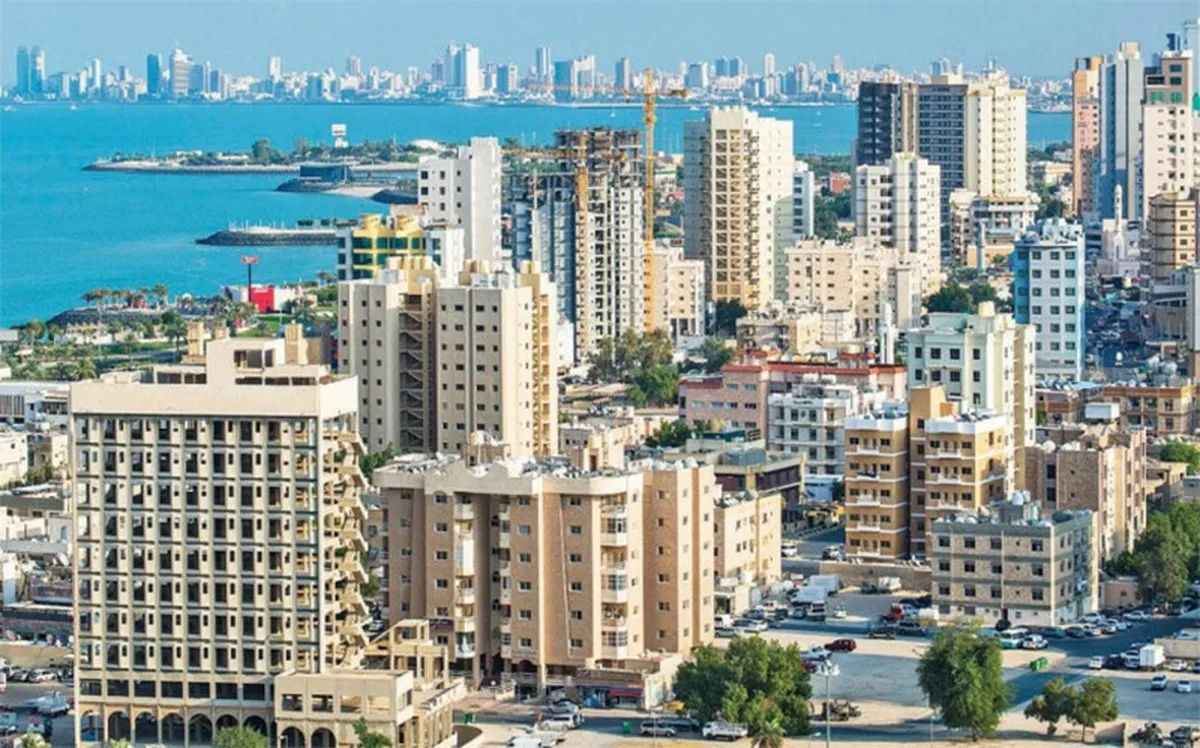23/10/2024
23/10/2024

The current landscape of investment buildings, particularly those not overlooking Gulf Street, often reflects traditional architectural styles. Most residents of these buildings are expatriates with limited incomes, leading to a general lack of construction quality. Typically, the apartments in these buildings do not exceed 80 square meters, creating cramped living conditions.
According to the “Baytak” report on investment returns for the second quarter, opportunities for returns range from 6.80 percent to 7.8 percent. However, it’s important to note that these figures do not include penalties imposed by the Kuwait Municipality for violations, such as unauthorized basement rentals or constructing residential units smaller than permitted sizes. By the end of the second quarter, average returns on investment properties were recorded at 6.24 percent in the Capital Governorate, with varying returns in other regions: 7.35 percent in Hawalli, 7.39 percent in Farwaniya, 7.49 percent in Ahmadi, 7.21 percent in Mubarak Al-Kabeer, and 7.39 percent in Jahra Governorate.
Despite the growth potential, several challenges need addressing: Rental Prices vs. Income: The increasing prices of rental lands translate to rental values that often do not correspond with residents’ incomes. There is a pressing need for the state to either increase construction rates or provide land for investment housing at reasonable prices. Parking Issues -- Many buildings lack adequate parking spaces, leading to congestion and parking crises. Unfortunately, basements intended for parking are often misused as storage, creating safety risks for residents.
Construction Quality -- The municipality must closely monitor construction materials, as low-quality materials can significantly affect building longevity and maintenance needs.
Improper Utilization of Residential Lands -- High land prices and limited space have led some individuals to convert residential buildings into multiple rental units, degrading services in established residential areas.
Regulation of Residential Sales -- While the sale of residential apartments has gained traction, establishing a regulatory framework and a property owners’ association law is essential to uphold the rights and responsibilities of property owners. Investing in real estate in Kuwait requires a proactive approach to addressing these challenges.
Expanding the creation of specialized property management companies is crucial, as reliance on property owners for management can hinder effective oversight and maintenance. A qualified property manager can ensure properties are well-maintained, thereby increasing their return on investment and enhancing the overall real estate landscape in Kuwait


